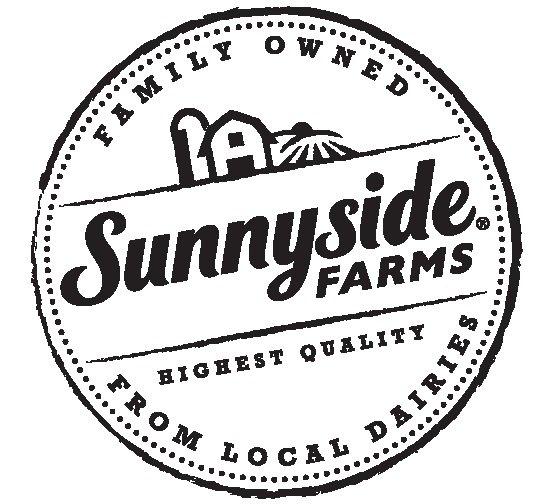
What is organic farming?
"Organic agriculture is a system of farming where the farmer works with nature rather than against it. Instead of buying costly chemical fertilizers, the farmer relies on manure and compost. Instead of using chemical pesticides, the farmer relies on pest resistant plants, crop rotations and good old fashioned hard work. Animals are not treated with antibiotics, hormones or pesticides. Instead they get exercise, fresh air, organic feed and lots of TLC. Organic farmers protect our valuable topsoil, air and water by refusing to use these chemicals. Organic farmers protect our health by refusing to use potentially toxic chemicals. Organic farmers protect our future by farming in a responsible, sustainable manner."
What is organic milk?
"Organic milk comes from cows that are not given hormones (rBGH), antibiotics or pesticides. These cows are also fed a diet of 100% certified organic feed. Certified organic feed comes from fields that have been chemical-free for at least 3 years, and are never treated with chemical fertilizers or pesticides. Organic milk is hauled and processed completely separately from conventional milk. There is never any intermixing. Organic milk and milk products do not contain preservatives."
What is organic?
Organic refers to the way agricultural products - including foods and fibers such as cotton - are grown and processed. The word "organic" on the label stands for a commitment to an agriculture that strives for a balance with nature, using methods and materials that are of low impact to the environment. Organic production systems replenish and maintain soil fertility, eliminate the use of toxic and persistent chemical pesticides and fertilizers, and build a biologically diverse agriculture. Organic foods are minimally processed to maintain the integrity of foods without artificial ingredients, preservatives or irradiation.
What does certified organic mean?
When a grower or processor is certified organic, a public or private organization verifies that it meets or exceeds defined standards. These standards include the land on which organic food or fibers are grown must be free of prohibited substances for three years prior to certification, farmers and processors must keep detailed records of methods and materials used in growing and producing organic products, all methods and materials are annually inspected by a third party certifier and all farmers and handlers are required to maintain written organic plans detailing their management practices.
What will the national rule for organic mean for consumers, once implemented?
On December 20, 2000, the USDA released the National Organic Standards. Once these rules take effect (everyone has 18 months to comply), all agricultural products labeled "organic" will have to be in compliance with the U.S. organic law. There will be a required seal on every product that verifies that it has been grown and processed in accordance with these national standards. A USDA approved certifier will verify that the product meets or exceeds these standards. Consumers will have the assurance that their products labeled "organic" have met these strict guidelines.
Are all organic products "pesticide-free"?
The word organic should not be misconstrued as meaning pesticide-free. Certified organic products have been grown and handled according to strict standards without toxic and persistent chemical inputs. However, organic crops are still exposed to the agricultural chemicals that are now detected in nearly all rain and ground water due to their overuse during the last 50 years nationwide. Organic agriculture techniques strive to limit toxic inputs, and to help maintain and replenish soil fertility. It is a healthier technique for the environment and for the consumer's long-term health.
Is organic food higher quality?
The organic farmer believes that the highest quality food is grown on healthy land. In a natural ecosystem, nature constantly works to correct imbalances. Organic farmers do the same by seeking the most environmentally friendly solutions to the pest and disease problems that affect their crops. They alternate the types of crops grown in each field (crop rotation), rather than growing the same crop year after year, plant cover crops such as clover to add nutrients to the soil and prevent weeds, release beneficial insects to prey on pests, helping to eliminate the need for chemical insecticides that can remain in the soil for years and add composted manure and plant wastes to help the soil retain moisture and nutrients.
Why do organic products cost more?
Prices for organic products reflect many of the same costs as conventional items in terms of growing, harvesting, transportation and storage. Organic products must meet stricter regulations governing all of these steps, so the process is often more labor and management intensive, and farming tends to be on a smaller scale. Organic farmers don't have the luxury of the economies of scale that a large conventional producer has. There is still limited supply of organic products, so the supply vs. demand equation is the balance. Conventional farmers are often subsidized by government programs, such as research, technical advice, and marketing orders. Organic farmers have an added cost of compliance with the organic certification standards. There is mounting evidence that if all the indirect costs of conventional food production (cleanup of polluted water, replacement of eroded soils, costs of health care for farmers and their workers, etc.) were factored in to the price of food, organic foods would cost the same, or likely be cheaper.